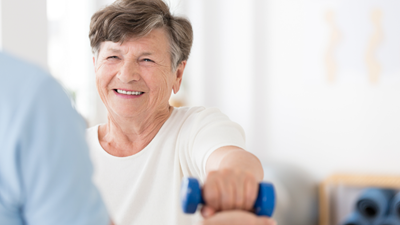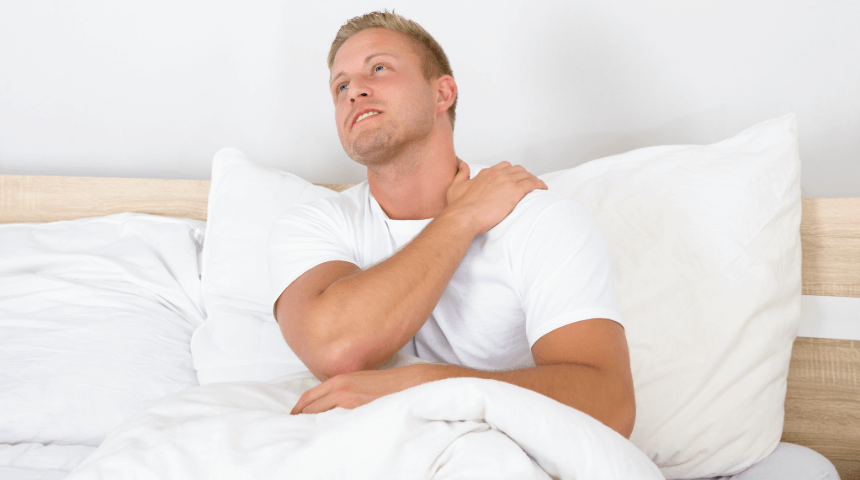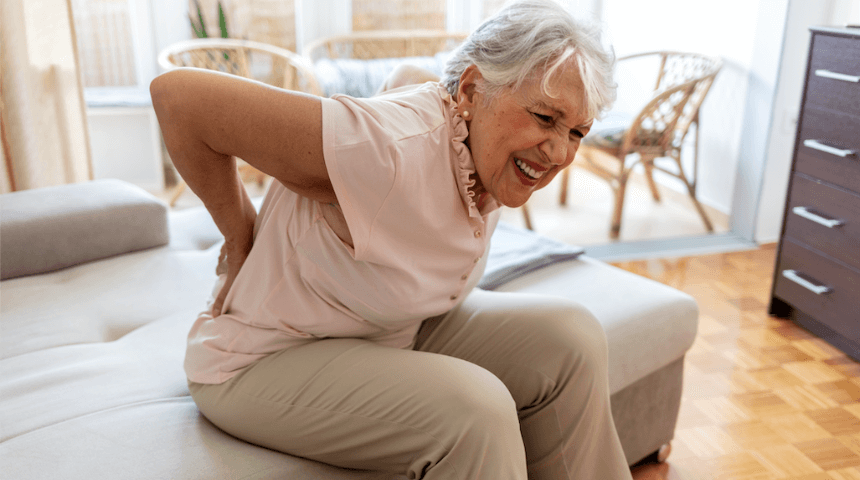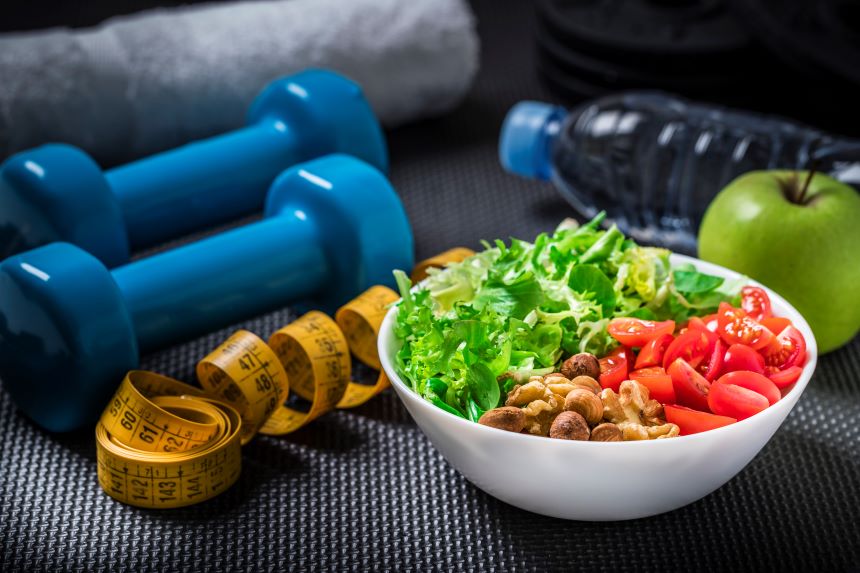Preventing Osteoporosis—What You Can Do at Any Age
The numbers aren’t pretty. According to the National Osteoporosis Foundation, out of 10 million Americans with osteoporosis, 8 million are women. About 50 percent of women over 50 will break a bone because of osteoporosis, and the risk of a woman breaking her hip is equal to her combined risk of developing breast, uterine and ovarian cancer.
Fractures, especially the breaking of a hip, are associated with difficulty walking, chronic pain, loss of independence and decreased quality of life.
It seems that osteoporosis is an inevitable side effect of aging—yet it doesn’t have to be. Although osteoporosis occurs frequently, there are steps you can take to reduce your risks—whether you’re starting when you’re 15 or 65.
What is Osteoporosis?
Osteoporosis is a skeletal disorder where the loss of bone mass, the deterioration of the microarchitecture of the bone, and a decline in bone quality leads to increased vulnerability to fracture.
Although both men and women can develop osteoporosis, it is much more prevalent in women, and particularly in older women. Age is one of the most important factors related to bone quality, yet it’s not entirely clear why this connection occurs. It’s possible to have two women with the same bone density but different fracture risks because of their ages.
How is menopause related to osteoporosis?
Your body reaches peak bone mass for the spine and hips in your 20s, and for other bones at 40. But right before and during menopause, peak bone mass declines rapidly with a 6 to 7 percent bone loss between the hip and lower spine. This bone loss corresponds to a marked decrease in the hormone estrogen, which is associated with menopause.
That steep decline in bone loss begins about a year before menopause and continues for three years. Bone density continues to decline, although not quite as rapidly, for four to eight more years.
Other risk factors for osteoporosis
Age and decreased estrogen are not the only risk factors for osteoporosis. Medical conditions such as these can play a factor:
- Rheumatic and autoimmune diseases, such as lupus and rheumatoid arthritis

- Endocrine disorders, such as diabetes and thyroid diseases
- Marfan syndrome
- Gastrointestinal conditions, such as IBS and gastric bypass
- Cystic Fibrosis
- Bulimia
Certain lifestyle factors can also increase risk:
- Drinking a lot of caffeine
- Having three or more alcoholic drinks daily
- Eating a lot of salt
- Being exposed to active or passive smoke
- Being inactive
- Not getting enough calcium
- Not getting enough sunlight
Certain medications such as anticoagulants, lithium and glucocorticoids can also increase the risk of developing osteoporosis.
How to prevent osteoporosis
The younger you start taking measures to keep your bones healthy, the better. Maintain a healthy diet, be active (which includes doing weight bearing exercise as well as cardio), get enough calcium (yogurt is a great source) and vitamin D and avoid cigarettes and alcohol.
As you age, these measures are even more important, particularly the weight bearing exercise. Getting enough calcium is also important, because as you age, your body decreases its calcium absorption.
Screening for osteoporosis is usually recommended for women 65 and older to measure bone density, but if you have family or medical history or other concerns about your risk, talk with your doctor about getting an earlier screening. Osteoporosis doesn’t typically show signs until a fracture occurs, so it may be otherwise difficult to detect.
In addition to lifestyle changes to help prevent osteoporosis or to slow down the decline of bone loss, certain medicines can help decrease the risk of bone breakage and falls. Also, nonpharmacologic treatments like home safety interventions, anti-slip shoes and vision exams can help decrease fall risk.
Osteoporosis may be a common condition, but it doesn’t have to be your future. No matter what age you start, taking steps to keep your bones strong will give you a better chance for a long, healthy, active life.
Choose to Stay in Touch
Sign up to receive the latest health news and trends, wellness & prevention tips, and much more from Orlando Health.
Sign Up for HealthBeat










